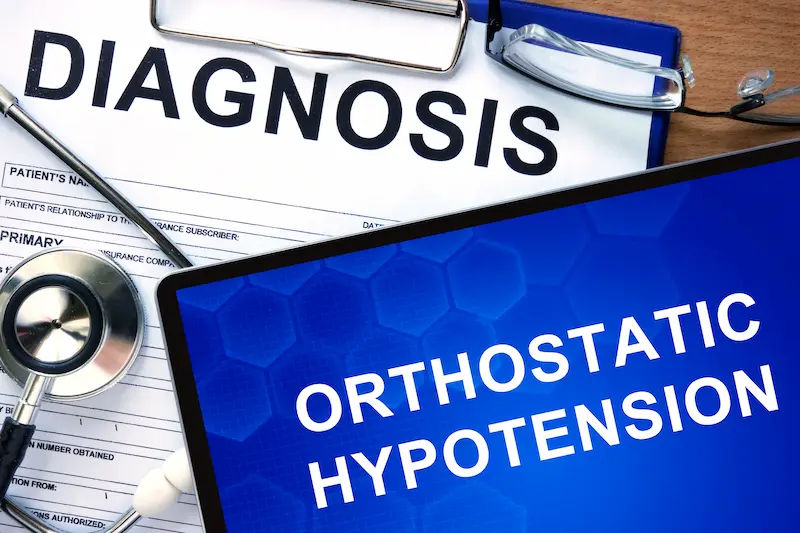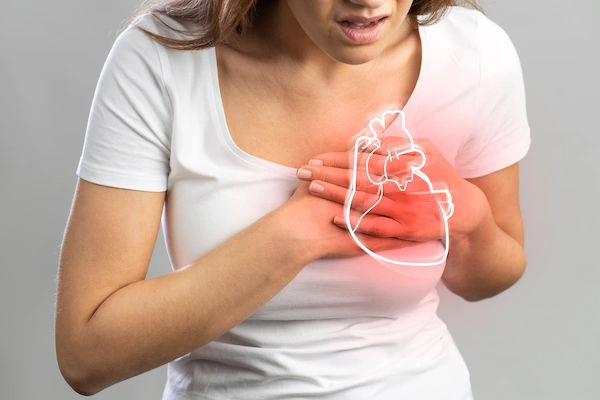- male
- 45 Years
- 20/02/2025
I've been taking Vicks Action 500 and Saridon for my headaches, and recently I had a heart attack. Ive recovered, but now I'm really worried if these meds might have caused the heart issue. Also, my doctor gave me Dynapar injections for headaches quite a few times. I'm starting to wonder if using Dynapar so frequently could lead to heart problems too. Can this frequent use be a cause for concern?
Answered by 1 Apollo Doctors
Headache medications like Vicks Action 500, Saridon, and Dynaper may not directly cause a heart attack, but they can have side effects that may put additional strain on the heart, especially if used frequently or in high doses. Frequent use of caffeine (in both Vicks Action 500 and Saridon) and decongestants (like phenylephrine) may raise blood pressure and heart rate, which could potentially exacerbate pre-existing heart conditions. Dynaper doesnt directly cause heart attacks, but its effects on heart rate should be monitored, particularly with frequent use. It would be best to consult your cardiologist about the specific medications youre taking, especially after a heart attack. They might recommend alternative treatments that are safer for your heart. If you're still experiencing frequent headaches, your doctor may suggest an evaluation for underlying causes and alternative therapies.
Dr. Dhankecha Suggests...
Consult a Cardiologist
Answered 25/07/2025
0
0

More Cardiology Health Queries
View allI'm experiencing this odd sensation in my chest where it feels like my heart is having a spasm or beating irregularly for a few seconds. It's not exactly painful, just really weird, and it's been happening every few months. Sometimes it even feels like its happening in my right chest or arm, which made me think it might be nerve-related. I've had heart tests done in the past, and everything came back normal, but this sensation worries me. Also, whenever I stand up or walk upstairs, my heart rate jumps up to 150 bpm and then drops back to 100 bpm shortly after, which makes me wonder if I could have POTS. I often forget to check my pulse when this happens because it scares me so much. Could these spasms be related to muscles or nerves instead of my heart? Is it normal to experience this kind of chest pain and heart sensations for just a few seconds?
It sounds like you may be experiencing palpitations and chest pain, possibly related to your heart or nervous system. Given your history of normal heart tests and symptoms like random spasms and irregular heartbeats, it may be worth considering a condition called supraventricular tachycardia (SVT). SVT can cause sudden, rapid heartbeats and chest discomfort. In your case, since you also mention the possibility of POTS (Postural Orthostatic Tachycardia Syndrome) and nerve-related symptoms, it would be important to discuss these new symptoms with your healthcare provider. For symptomatic relief, you can consider taking a beta-blocker medication like Metoprolol (e.g., Lopressor) at a starting dose of 25mg once daily, as it can help regulate your heart rate and reduce palpitations. However, it is crucial to consult with your doctor before starting any new medication to ensure it is safe and appropriate for you.
Answered by 1 Apollo Doctors
I'm really concerned about my 3-month-old son. He's got an ASD that's 7 mm wide. I'm just wondering, what are the chances it might close up on its own? Would appreciate any insight you could offer.
cardiologist opinion.
Answered by 1 Apollo Doctors
I'm 21 and I've noticed my blood pressure readings are a bit all over the place. It was 149 over 78 at one point, and then it changed to 109 over 70. My pulse rate also jumps around from 110 to 72. I'm a bit worried and wondering if there's an issue or if this is normal for my age. Can you help me understand what's going on?
See a specialist for accurate diagnosis and targeted treatment.
Answered by 1 Apollo Doctors
Disclaimer: Answers on Apollo 247 are not intended to replace your doctor advice. Always seek help of a professional doctor in case of an medical emergency or ailment.




